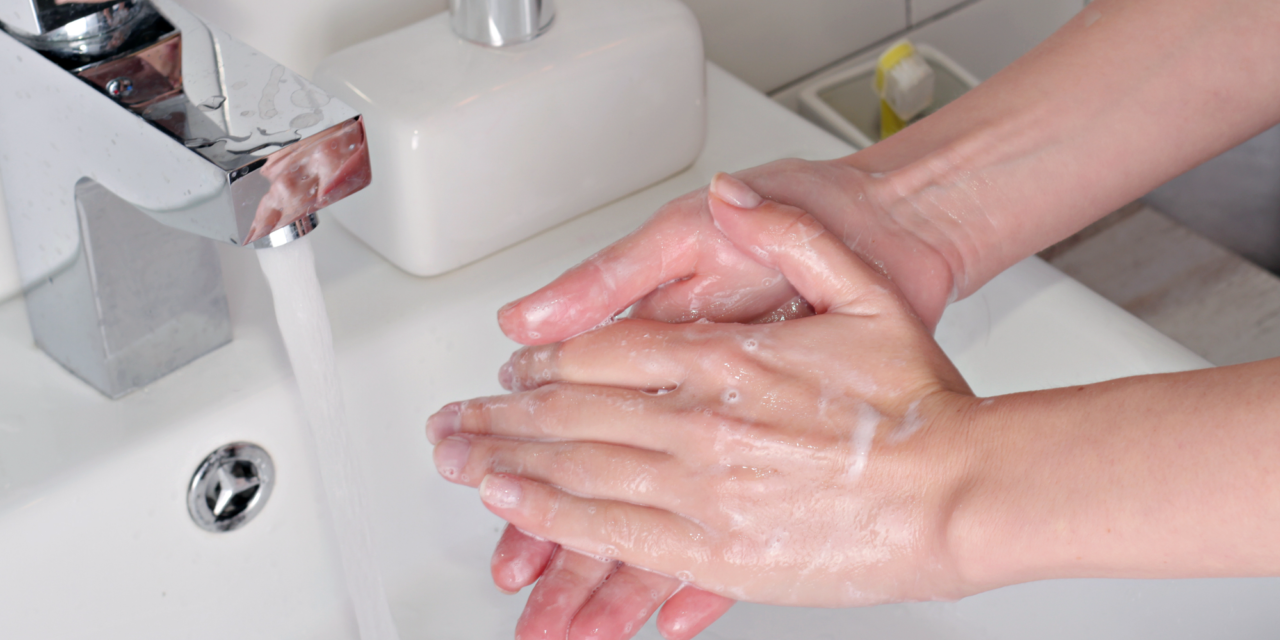Courtesy of Roswell Park’s Patient Education Department
Preventing infection is a top priority for individuals with weakened immune systems due to cancer or its treatment, and winter poses some special challenges. Outside, shorter days mean less sunlight, single-digit temperatures, and low humidity, and inside, closed windows and insulation trap dry, overheated air and house germs.
Winter is flu season, and COVID and respiratory syncytial virus (RSV) are on the rise. Talk to your doctor about the benefit of vaccinations or booster. If your condition prevents you from immunization, ensure that those around you are vaccinated. If friends or family aren’t feeling well, have them postpone their visit! What they might consider an annoying sniffle, could be dangerous to you. If your caregiver or a household member gets sick, contact your doctor.
Your skin is your first line of defense against infection. Cold, dry winter air causes skin to crack, giving germs a way in and making you more susceptible to infection. Keep your skin clean and moisturized, bathe regularly, pat yourself dry with clean towels, and dress in clean clothes. Wash your hands with warm soapy water for at least 20 seconds after using the bathroom, blow your nose, covering your mouth during a cough and when they get soiled. Hand sanitizer works well when hands are not visibly soiled. Rub sanitizer over the surface of both hands until it dries. Handwashing and sanitizers can be very drying to your skin, so take a little extra care during the winter months.
To alleviate dry skin. Avoid steaming hot water when bathing, and use plain soap, rather than antimicrobial soaps. Also use a good moisturizer, but if you have allergies or other concerns, consult your pharmacist. Also avoid drying ingredients like alcohols and acids. (Sanitizers with 60% alcohol are recommended to kill the virus that causes COVID, so be sure to moisturize well or wash with soap instead of sanitizer.) Apply moisturizers after bathing or washing hands, while your skin is still damp to lock in moisture, and use heavy, oil-based creams on drier areas, such as legs, hands and feet. You may need something lighter/water-based for your face. Do not share your moisturizer and dispose of moisturizers after three months.
Food Safety. Following some simple food safety guidelines can help keep you healthy and avoid foodborne illnesses, allowing you to rest and recover through the long winter months. If you are neutropenic (have a very low white blood cell count), follow the guidelines your doctor or nurse provides. Also, check the ‘use by’ and expiration dates on foods and make sure the packaging is intact. Don’t use foods with a broken seal or a dented can. Use clean towels, sponges, or paper towels to clean work surfaces, cutting boards and utensils. Do not eat raw or undercooked meat, poultry, fish, eggs or cookie dough, and scrub and rinse fresh fruits and veggies.
Download more safety tips at https://www.roswellpark.org/pted.php?pemID=FDA1.












